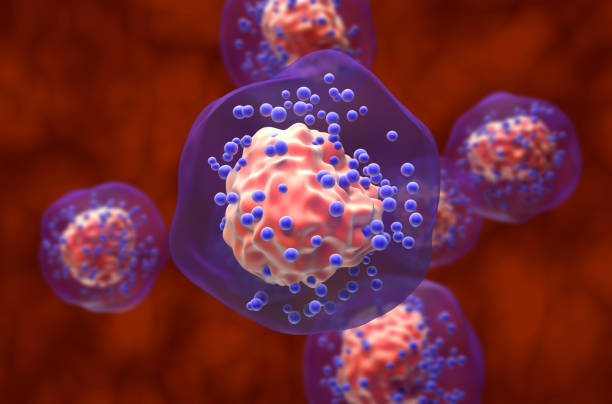Common Types and Symptoms of Breast Cancer
Breast cancer originates in the milk ducts (ductal carcinoma) or lobules (lobular carcinoma) and varies by type and severity. The most common types include invasive, inflammatory, recurrent, and metastatic breast cancer. HER2-positive breast cancer occurs due to a gene mutation that leads to rapid cell growth. Early symptoms, such as breast swelling, lumps, nipple changes, and skin abnormalities, can improve treatment success if detected promptly. Seeking medical advice for any concerning signs is essential.
Breast cancer originates in the cells of the milk ducts or the lobules responsible for producing milk. Cancer that begins in the milk ducts is called ductal carcinoma, while cancer in the lobules is known as lobular carcinoma.

Breast cancer can be classified into various types based on its characteristics and receptor status:
1. Invasive Breast Cancer – The most frequently diagnosed type.
2. Inflammatory Breast Cancer – A rare but aggressive form of the disease.
3. Recurrent Breast Cancer – Describes cases where cancer returns after treatment.
4. Metastatic Breast Cancer – The most advanced stage, where cancer spreads to organs like the brain and lungs.
Understanding HER2-Positive Breast Cancer
The HER2 (Human Epidermal Growth Factor Receptor 2) gene plays a key role in cell growth and repair. When this gene mutates, it leads to uncontrolled cell division, resulting in HER2-positive breast cancer.
Symptoms of Breast Cancer
Early detection is challenging as many symptoms remain unnoticed. However, recognizing these signs early can improve treatment outcomes:
• Swelling in part or all of the breast
• Breast pain, nipple discharge, or lumps in the breast or underarm
• Inverted nipples
• Scabs or rashes near the nipples
• Enlarged pores on the breast
• Red, scaly, or swollen breast skin or nipples
• Unexplained breast swelling or shrinkage, particularly on one side
If you experience any of these symptoms, consult a doctor. While these signs do not necessarily indicate breast cancer, early diagnosis is key to better recovery.